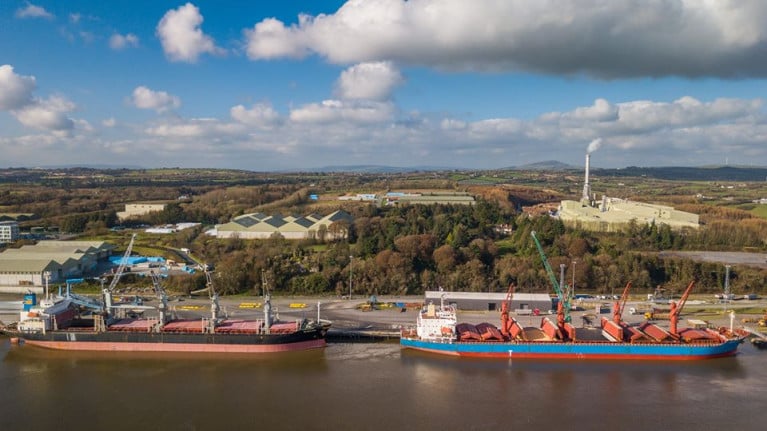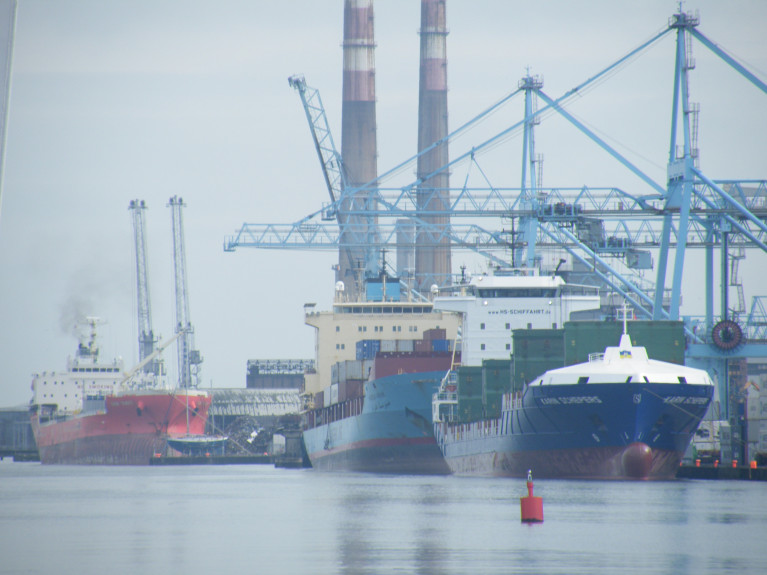Displaying items by tag: Operating Profits
Operating Profits at Port of Waterford Drop Due to Pandemic
Operating profits at the Port of Waterford for 2020 were €0.7 million, down from the €1.2 million recorded in 2019 during a period of trading set against the pandemic.
The Port's turnover was €7.2m for the year a reduction of 8% against 2019 and shareholder’s funds ended the year at €33m.
Bulk throughput in 2020 came in at 1.5 million tonnes, a 3% decrease on 2019, while the levels of container shipment handled grew by 2%.
The company said that for the first half of 2021, the business is showing very positive momentum despite the continued challenges posed by the pandemic in the ability to drive car park and cruise income.
Bulk handling (see photo) is currently ahead of 2020 by over 20% at this year’s halfway point and container handling is also holding up well and in-line with 2020 levels.
Further reading from RTE News.
Dublin Port Weathers Brexit and Covid with Profit of €44.15m
Dublin Port Company last year recorded “a strong financial performance” with operating profits of €44.15 million despite challenges from Brexit and Covid-19.
The company’s annual report shows the company’s revenues dipped by only 6.6 per cent from €92.72 million to €86.59 million.
The port’s operations were hit hard in the second quarter of 2020 with volumes down 17 per cent due to the pandemic. The company had last year anticipated volumes could be down 23 per cent to 29.3 million tonnes.
However, in his report, chairman Jerry Grant stated that the volume decrease was “far less than feared” and volumes for the year were 36.9 million tonnes – a 3.3 per cent drop on 2019.
The port’s operating profits of €44.15 million were down only marginally on the operating profits of €44.22 million for 2019.
More from The Irish Times including passenger figures.

























































